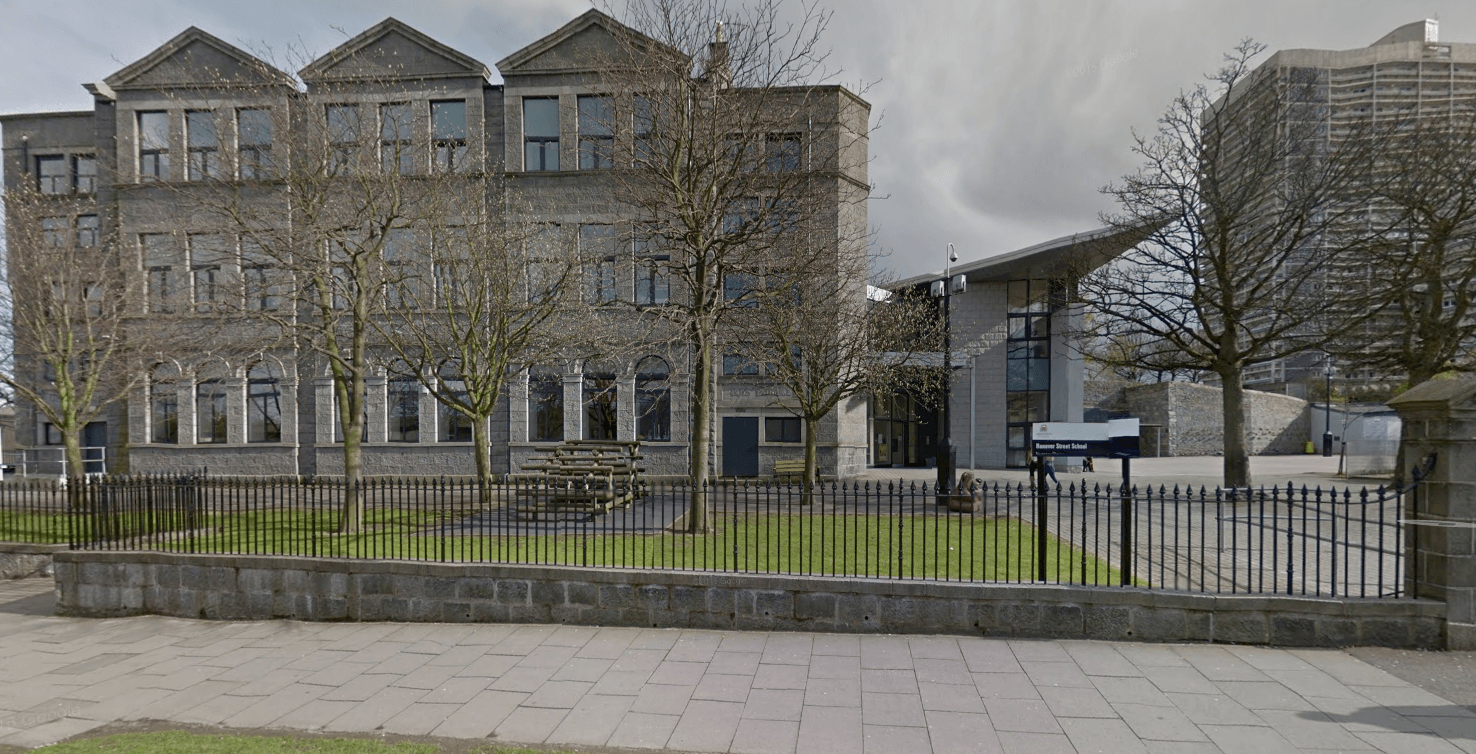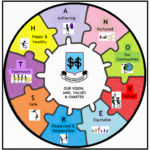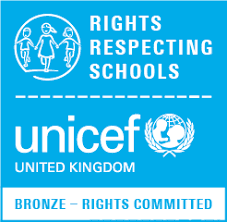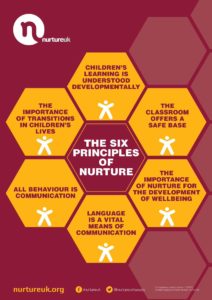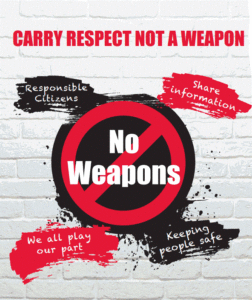Social Media Guidance For Parent Councils
*Correct at time of publishing on this website.
Social Media Guidance for Parent Councils – Word File
Social Media Guidance for Parent Councils – PDF File
Aberdeen City Council Social Media Guidance For Parent Councils
Introduction
Social media is a term for user participation and user-generated content websites. They include, but are not limited to social networking sites and other sites which are centred on collaboration and communication among users. Social media can include e mail, text messaging, social media, blogs and websites. See appendix 1.
Use of social media sites, as with other forms of communication and publishing, can involve risk. This guidance sets out the framework adopted by Aberdeen City Council to support parents to manage the risks associated with parent council use of social media websites.
Purpose
The purpose of this guidance is to provide a clear statement of parent council responsibilities and obligations, when using:
- social media sites when undertaking parent council business,
- to give guidance on safe use of social media for parent council business,
- to support parent councils to manage the risks, and
- ensure that parent council representatives are not exposed to any legal and governance risks.
It also sets out what Aberdeen City Council expects that parent council users of social media applications will always act with due consideration for others
Legal background
All parent councils should bear in mind that information they share through any social networking application, even if they are on private spaces, is subject to copyright, The Data Protection Act, The Safeguarding of Vulnerable Groups Act 2006, The Computer Misuse Act and any other relevant legislation. It is critical that parent council members stay within the legal framework in their use of social media sites.
Under common law, parent councils should be aware that there is an implied duty of trust and confidence between the school and parent council. It is possible therefore that any inappropriate use of social media outside the school, for example by making negative or defamatory comments about the Council, its clients, or employees, brings the Council’s reputation into disrepute, or exposes the Council to potential liabilities.
How to manage the risk
If the Parent Council chooses to use social media to communicate with the Parent Forum and the public, they must;
- Ensure that the Parent Council is in complete control of all its social media sites.
- Ensure that control is maintained as the membership of the Parent Council changes over time
- Ensure that comment and discussion is moderated and represents the agreed views of the Parent Council.
- Consider using a policy to define the behaviour of the Parent Council in the online space.
- Follow school guidance when posting information or images online.
- Refrain from criticising the school or its representatives online. Bring any such comment or complaint through established channels.
- Be aware of your legal responsibilities in child protection, data protection, accessibility and copyright.
The Parent Council has an important role to play in supporting the school’s actions to promote safe and responsible behaviour online.
All communications from the Parent Council body MUST;
- Be conducted in a professional and courteous manner.
- Be accessible to the whole school community.
- Reflect the views of the Parent Council as a whole body.
- Be supportive of the ethos and reputation of the school.
Individual members of the Parent Council, when speaking or posting as a member of the Parent Council WILL;
- Speak on behalf of the Parent Council only when authorised to do so.
- Represent the agreed view of the whole Parent Council.
- Observe confidentiality, respect the privacy and protection of all members of the school community.
- Always be supportive of the school, parents, pupils and staff.
- Make or respond to criticism or complaints affecting the school in accordance with the procedures established in the Parent Council constitution.
See appendix 2
Guidelines for School Staff managing incidents on Social Media Sites
Aberdeen City Council recognises the importance of social networking sites for communication, to support the delivery of services and to support learning. In Education and Children’s Services, there has been extensive use of social networking sites over a number of years to support learning. Increasingly, Facebook is being adopted by schools and Parent Councils to communicate and to support school developments. A number of policies and guidelines exist to support staff and children to use these sites responsibly.
Our experience has shown us that overwhelmingly these sites can be used positively to support and enhance learning. They have also been used by parents to support the work of parent councils and to improve communication to the wider parent community in a very positive way. However, there have been examples of inappropriate use by individuals within our school communities and staff can find this challenging to deal with on both a professional and personal level. These guidelines have therefore been developed in addition to the above policy and guidelines to assist school staff in managing incidents involving the inappropriate use of social media sites.
What is inappropriate use of social media sites?
‘Inappropriate’ includes bringing the council into disrepute, disclosing confidential information, harassing or abusing others, bullying, making libelous statements, using racist, sexual, homophobic or other prejudicial language.
Managing incidents of inappropriate use by parents
- Parents using social media sites in the name of the school or the parent council should be made aware of the Aberdeen City Council Social Media Acceptable Use Policy and would be expected to comply with it.
- Schools should develop opportunities to work with parents to raise awareness of the benefits as well as possible risks of using social media sites. It is our collective responsibility to use these tools appropriately.
- If there is inappropriate use of a social media site that directly impacts on the Council, the school or individuals/groups in the school community, any evidence should be printed as posts and comments are easily deleted.
- The Head Teacher should contact the parent or site administrator to request that the post or comment is removed.
- Some social media sites, such as Facebook, enable users to be blocked or reported. Guidelines on how to do this are available by following the links at the end of this document.
Support for staff targeted by inappropriate posts or comments
- If members of staff find themselves targeted by inappropriate comments or posts and it causes them distress, they should contact their Head Teacher or line manager.
- Incidents of comments towards staff should be recorded.
- Staff should be advised to contact their union where appropriate for further advice and support.
- In the case of misuse by parent(s) towards a member of staff, a letter from the Director may be issued to the parent(s) in line with the authority’s duty of care to employees.
- Where appropriate, staff should be referred to occupational health.
- If the comments are libellous, staff have the right to take legal advice through their union or by contacting a solicitor.
- If the comments are of a criminal nature, staffs have the right to take the matter to the police.
Useful links:
Facebook Statement of Rights and Responsibilities:
http://www.facebook.com/legal/terms
Reporting Abuse to Facebook
http://www.facebook.com/help/reportlinks#profiles
Twitter information about dealing with abusive behaviour:
Appendix 1
Email is an easy way of circulating information. The Parent Council could keep an up to date list of parent email addresses to send out information as required. However, this approach requires work to maintain an up to date list. Also, be mindful of data protection issues as you will be storing email addresses electronically, avoid using a list where members emails are visible-use BCC instead.
Text messaging
Texts can be a useful way of reminding parents of an upcoming event or to alert them to an emergency closure. Schools may have an automated system which the Parent Council may be able to access to publicise events.
Social Networking sites
Sites like Facebook and Twitter can be a good way of communicating with parents but there are some well publicised risks with social networking. A social network site is meant to be a space where discussion can be held. Sometimes the conversations may be critical of the school or of individual members of the Parent Forum or Parent Council. If the Parent Council wishes to permit conversations on its site it should have very robust rules which govern the moderation of posts and comments and should act to enforce them.
Some social media sites have the facility to have a page which only presents information from the Parent Council and does not permit un-moderated public comments. This approach may be more appropriate for a Parent Council to use.
Blogs
Blogs are essentially simple websites which are easy to set up and administer. A blog can have multiple administrators and comments can be moderated or simply not permitted. Their ease of use and the ability to control access makes them very popular with Pupil Councils.
Traditional websites
Unless a parent council has a considerable amount of information it wants to share and has the skills and time to create and maintain a website, having a website just for the parent council is probably unnecessary. Websites which are not updated regularly soon fall into disuse.
Many parent councils have a section on a school website as this emphasises the connection between parents and school and keeps all information relevant to parents in one place. This works well where the school website is updated regularly.
Appendix 2
Social Media advice
Be aware of the following:
- Used carefully, social media is a powerful tool for communication.
- It is common practice on social media sites to engage in discussion and comment in the online space. If you use such a site people will expect to be able to comment.
- It is not always possible to prevent unwelcome comments on social media sites.
- Consider using a blog or another moderated social space rather than an open site and remain in control of your online presence.
- Schools will have guidance on the use of images of children and staff online. The Parent Council should seek to follow these.
- It is important to respect the privacy and protection of all members of the school community
- Be mindful of the ethos and reputation of the school when writing in the public domain.
Internet Safety:
- Remember that anything posted online is traceable and remains online even after deletion
- Schools will have guidance on the use of images of children and staff online, the Parent Council should follow this guidance
- Ensure that the Parent Council is in complete control of all its social media sites. And ensure that this is maintained as the membership of the Parent Council changes over time.
- It is common practice on social media sites to engage in discussion and comment in the online space, it is not always possible to prevent unwelcome comments, but you should provide leadership and provide a good example in your activities online.
- Be aware of your legal responsibilities in child protection, data protection, accessibility and copyright.

